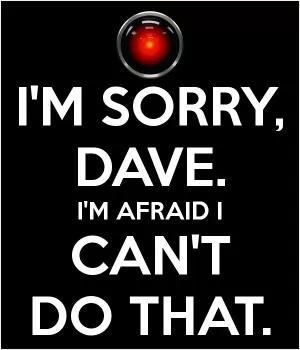Don't bother apologizing if you're just going to continue doing the things you said sorry for

Don't bother apologizing if you're just going to continue doing the things you said sorry for
Apologizing is a powerful tool in human relationships. It shows humility, empathy, and a willingness to take responsibility for one's actions. However, an apology loses its meaning if the person continues to engage in the behavior they apologized for. It becomes empty words, devoid of sincerity and genuine remorse.When someone apologizes for a mistake or wrongdoing, it is expected that they will make an effort to change their behavior and avoid repeating the same offense. This is the essence of a sincere apology – acknowledging the harm caused and committing to do better in the future. However, if the person continues to engage in the same behavior despite their apology, it raises questions about the sincerity of their words.
Repeated apologies without any change in behavior can erode trust and credibility in a relationship. It sends the message that the person is not truly sorry for their actions and is not willing to make amends. It can also be seen as a form of manipulation, using apologies as a way to placate others without any intention of changing.
In some cases, people may apologize out of habit or social convention, without truly understanding the impact of their actions. This can lead to insincere apologies that do not address the underlying issues or provide any real resolution. It is important to recognize when an apology is genuine and when it is merely a formality.
If someone repeatedly apologizes for the same behavior but continues to engage in it, it may be necessary to have a conversation about the underlying issues and the need for real change. It is important to set boundaries and communicate expectations clearly to ensure that apologies are meaningful and lead to positive change.












 Friendship Quotes
Friendship Quotes Love Quotes
Love Quotes Life Quotes
Life Quotes Funny Quotes
Funny Quotes Motivational Quotes
Motivational Quotes Inspirational Quotes
Inspirational Quotes